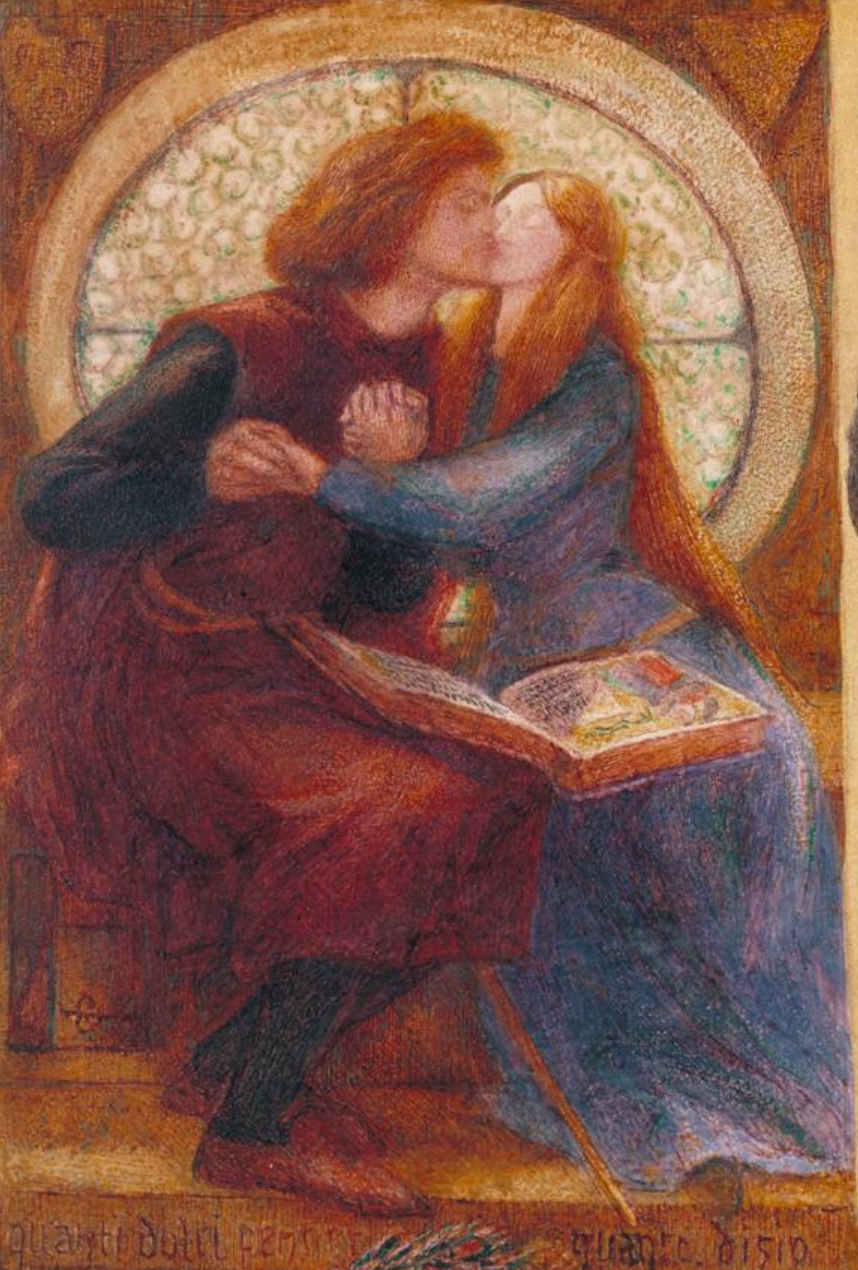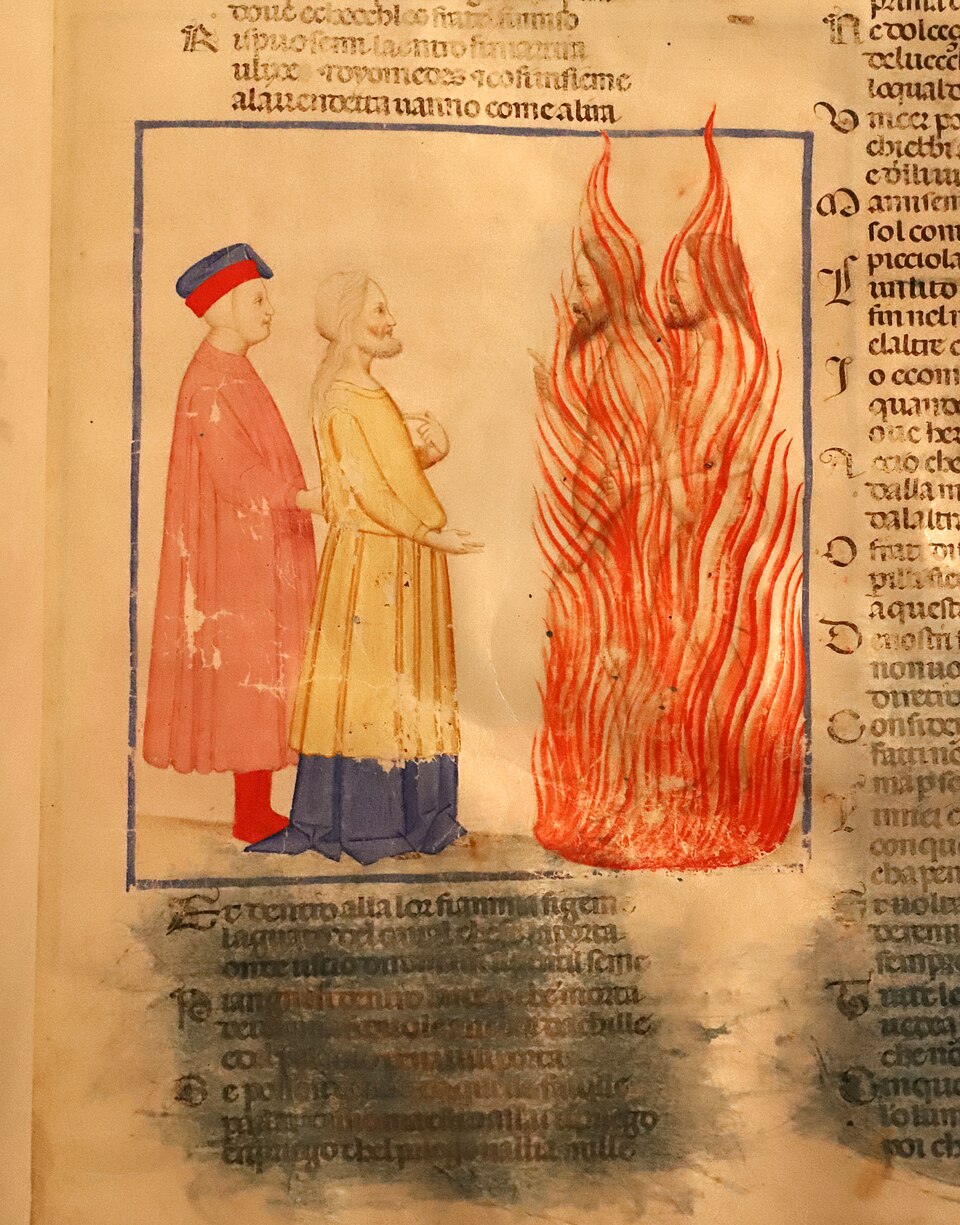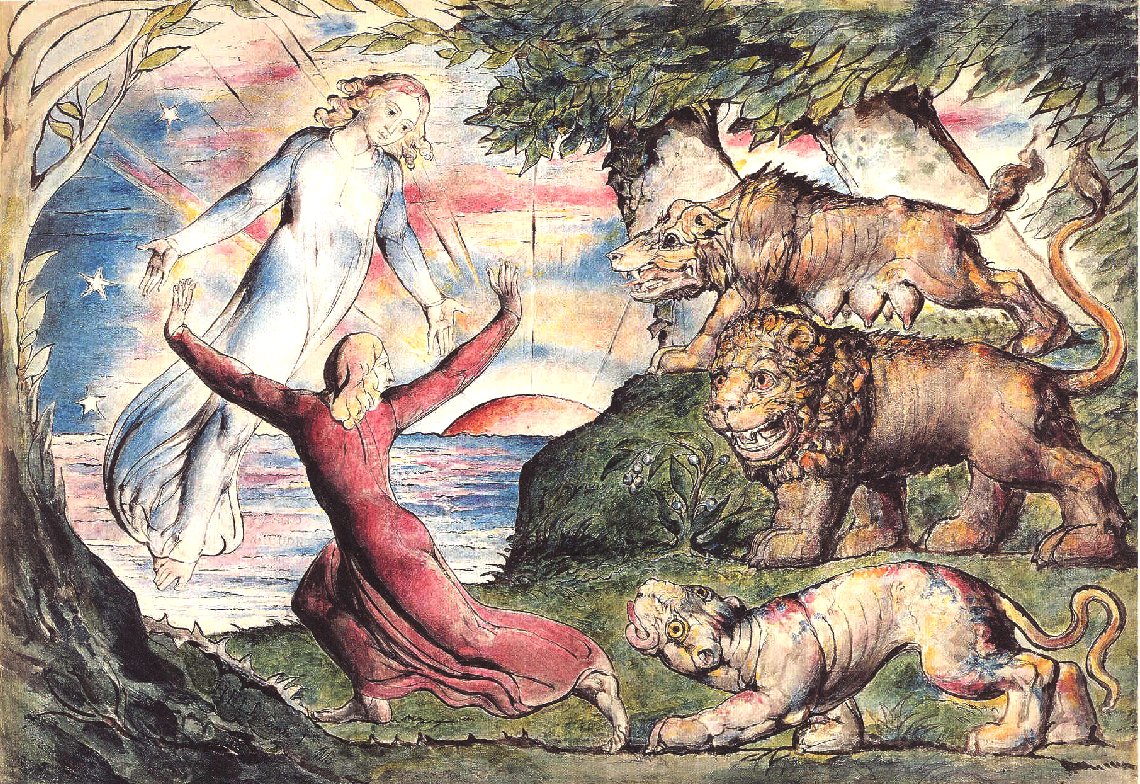IT317 Dante's Inferno
| Module Code: IT317 |
|---|
| Module Name: Dante's Inferno |
| Module Coordinator: Prof. Fabio Camilletti |
| Term 1 |
| Module Credits: 15 |
Module Description
Why do we read Dante? And why is Dante's Divine Comedy still relevant to us?
Through the reading of selected cantos (in English translation), this module will discuss the place the Divine Comedy - and particularly its first, best-known canticle, the Inferno - still holds in our contemporary, global culture. Rather than remaining confined to the cabinet of medieval curiosities, the historical, narrative, and allegorical complexities of Inferno still challenge our concerns in terms of desire and sexuality, gender representation, freedom of thought, punishment and expiation.
By following Dante's descent through the torture-pits of Hell, students will enhance their analytical and argumentative skills while directly engaging with Dante's text and its ramified legacy in world literature, visual arts, and new media.
The module is available across the School of Modern Languages and Cultures, and does not require students to have language abilities in any specific language. International students are particularly welcome.
Module outline
Please refer to Moodle.
Teaching
One-hour lecture and one-hour seminar per week, both face to face.
Assessment
10 minute seminar presentation (20%)
3000 word essay (80%)




